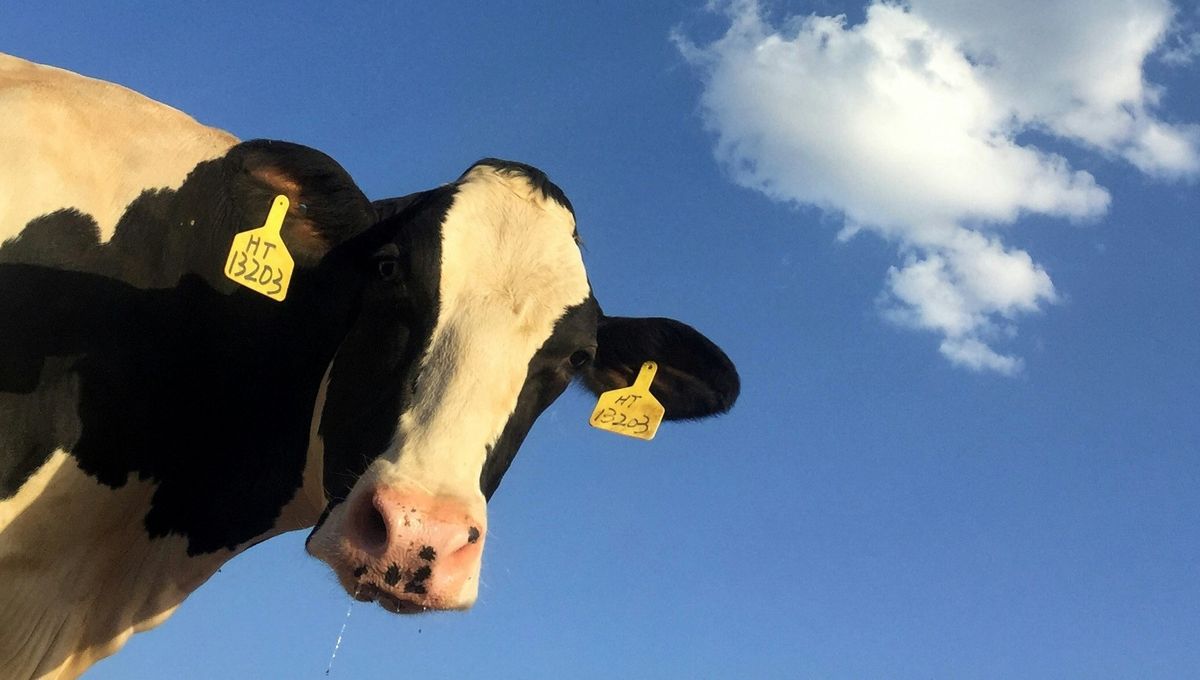
Following news of bird flu outbreaks at dairy farms across the US, fragments of the virus have been found in samples of pasteurized milk. However, the US Food and Drug Administration (FDA) suggests that viral particles are inactive and pose no threat to consumers.
Since late March, H5N1 bird flu has spread to at least 33 dairy herds across eight states, according to the Centers for Disease Control and Prevention (CDC). This was a surprising development since it was the first time the virus had been seen infecting cows.
The virus has also infected a single farmworker, becoming the second person ever in the US to be infected, who experienced very mild symptoms.
To better understand the problem, health authorities have been monitoring the milk on shop shelves across the US. Last week, the World Organization (WHO) had detected “very high concentrations” of the virus in raw milk from infected animals. That is not necessarily surprising as unpasteurized milk can contain all kinds of bacteria and viruses.
In a new development, the FDA has revealed that samples of pasteurized milk in the US have tested positive for inactive remnants of the H5N1 virus. They did not reveal how many samples tested positive nor where the milk was sampled from. However, they did state that pasteurization is likely to inactivate the virus and “the process is not expected to remove the presence of viral particles.”
“To date, we have seen nothing that would change our assessment that the commercial milk supply is safe,” the FDA said in a statement on Tuesday.
Along with testing, the FDA and the US Department of Agriculture are working to divert and destroy milk from sick cows.
Named after French microbiologist Louis Pasteur, pasteurization is the process of heating up food to eliminate pathogens and extend its shelf life. Virtually all milk (99 percent) produced and sold in the US comes from farms that follow a strict pasteurization process, known as the Pasteurized Milk Ordinance.
As a heat-sensitive virus, H5N1 should be inactivated by standard pasteurization techniques – at least in theory. However, bird flu infecting cows is a novel problem, so there are currently no studies on the effects of pasteurization of H5N1 in bovine milk.
“US government partners have been working with deliberate speed on a wide range of studies looking at milk along all stages of production – on the farm, during processing, and on shelves – using well-established methodologies used previously to confirm pasteurization effectiveness for known pathogens,” the FDA said. “This work is a top priority.”
Source Link: Milk In US Is Testing Positive For H5N1 Bird Flu Virus Fragments